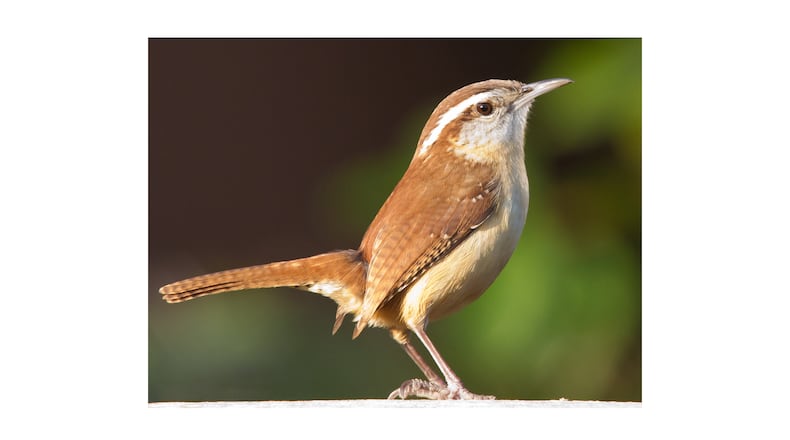Every morning during spring and early summer, more than 30 songbird species greet the rising sun with exuberant song — the “dawn chorus,” as the singing is called. Many birds continue to sing throughout the day.
Around July, though, the singing grows faint. Folks become concerned that something is wrong with the birds. It is, however, normal behavior for birds in late summer.
The odd silence, in fact, will continue through winter for most Georgia birds with the exception of a few species such as mockingbirds.
The main reason birds stop singing in late summer is that their breeding season is over or quickly winding down. Birds sing in spring and early summer to attract mates and defend nesting territories, but by late July, most chicks have fledged their nests and are joining the ranks of their parents.
With the breeding season wrapped up, there’s no longer a need to lure a mate or protect territory — and no longer a need to sing — until next spring.
Another reason for the avian silence now is that July and August are prime months for molting, when most songbirds replace all their old feathers with new ones. Molting requires a lot of energy, and temporarily limits a bird’s flying ability — which makes it more vulnerable to predators. Therefore, during this time, birds tend to lie low and not draw attention to themselves.
Many birds, though, won’t be heard again until next spring simply because they won’t be here. They’re the migratory species that fly to Latin America for the winter. A few migrants, such as orchard orioles, Louisiana water thrushes and prothonotary warblers, already are heading south.
Winter, however, won’t be entirely without birdsong. You may hear snatches of cheery song from mockingbirds, Carolina wrens, chickadees and a few other species during the cold season. Some of Georgia’s “winter only” residents, such as the white-throated sparrow, also may sing while they’re here.
IN THE SKY: From David Dundee, Tellus Science Museum astronomer: The moon will be last quarter on Thursday. The best meteor shower of the year, the Perseid, will peak at about 50 meteors per hour this weekend but will continue into next week in the northeastern sky. Mercury is very low in the west at dusk. Rising in the east are Venus an hour before sunrise; Mars, just after midnight; Jupiter, a few hours after midnight; and Saturn, around sunset.
Charles Seabrook can be reached at charles.seabrook@yahoo.com.
About the Author
Keep Reading
The Latest
Featured


